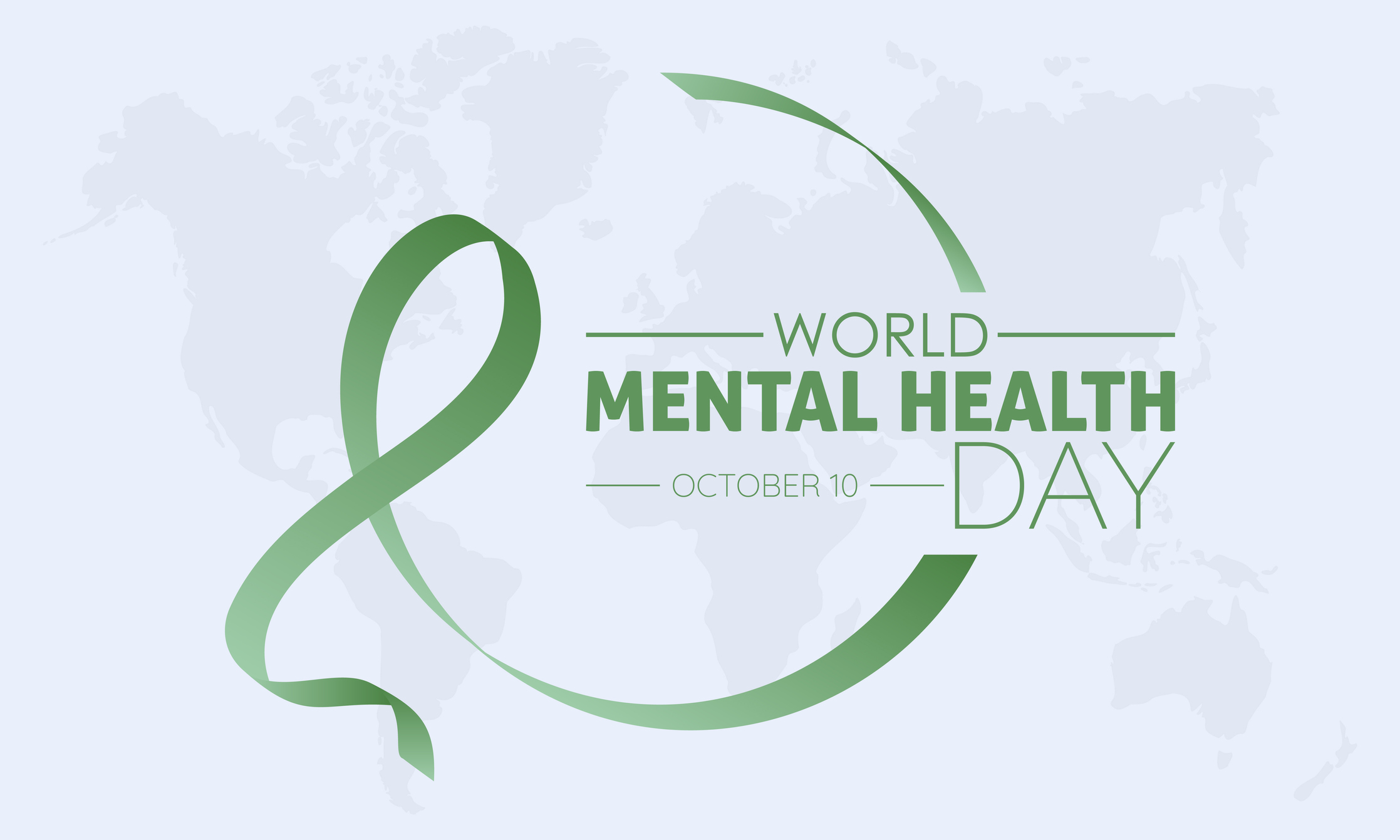If your child has food allergies, the idea of sending them to daycare can make you feel extremely nervous. Food allergies have become increasingly common in Australian children in recent years with hospital admissions for food-allergy-induced-anaphylaxis in new-borns to four year-olds increasing five-fold, from about 2010-2019. However allergy management is often not addressed on child care provider websites. So if you’re searching for ‘child care near me’ how do you know what you’re entitled to expect each provider to do to protect your child?
Here we’ll explore:
- What approved child care providers are required to do to protect your child
- What we do at Sesame Lane to keep children with food allergies safe
- What to ask a child care provider to find out if they are on top of food allergy management
What must Child Care Providers near me Do to Manage Food Allergies?
All good child care providers recognise that food allergies are now common among young children and that they need to be effectively managed.
However, as of 2019 there aren’t any national guidelines or regulations to specifically address the management of food allergy risks in child care settings. What does exist are the National Quality Standards. All approved child care providers are committed to these standards as part of their approved status. This means that, as a minimum, approved providers must comply with the requirements of the National Quality Standards including:
- Taking every reasonable precaution to protect children from harm
- Knowing about each child’s health requirements – this obviously includes knowing if they have a food allergy
- Making sure children are adequately supervised at all times
- Having a clear plan in place for managing emergency situations
Now you might be thinking this is all very generic, and at Sesame Lane we agree with you! The National Quality Standards do not get down to the nitty gritty details of how your child’s food allergy should be managed while in daycare. Taken alone the standards probably don’t inspire you with overwhelming confidence.
We cannot speak for other providers, in terms of what procedures they’ve adopted to manage food allergies but we can tell you what we do at Sesame Lane.
How Sesame Lane Protects Children with Food Allergies
At Sesame Lane we take the risk of food allergies very seriously. We’ve implemented the following procedures (which are based on the Australasian Society of Clinical Immunology and Allergy (ASCIA) guidelines) to protect the children in our care:
- All educators undertake mandatory allergy risk minimisation training at Sesame Lane to reduce the likelihood of at-risk children being exposed to allergens.
- Mandatory training to recognise and respond to acute allergic reactions is also undertaken by all our educators (including how to use an automatic adrenaline injector (AAI) and administer CPR).
- Strict records of intolerances and allergies are kept as part of our Anaphylaxis Management Plan and we also create Action Plans for each child with known allergies. These Action Plans contain details of known allergens, prescribed medication and the appropriate first aid response.
- Our menus and food preparation facilities are strictly nut-free and our cooks undertake mandatory training to identify potential food allergens and prevent cross contamination.
- We require parents to supply a suitable AAI for their child if their child has known severe allergic reactions.
- We require parents of children with severe food allergies to supply food labelled with their child’s name.
- When you search for ‘child care centres near me’ and Sesame Lane pops up you can be confident we know how to protect your child, no matter what type of food allergies they have. You need confidence that your child is safe in our care and for that reason, if you have any questions about our allergy management processes we welcome the opportunity to discuss it with you.
How Do I know if Child Care Centres Near Me are on top of Food Allergies?
You need to ask. Ask the child care provider to give you a copy of their food allergy policy and procedures and, ideally, their allergy risk management plan. If they cannot provide you with this information easily and quickly you may want to consider another provider.






